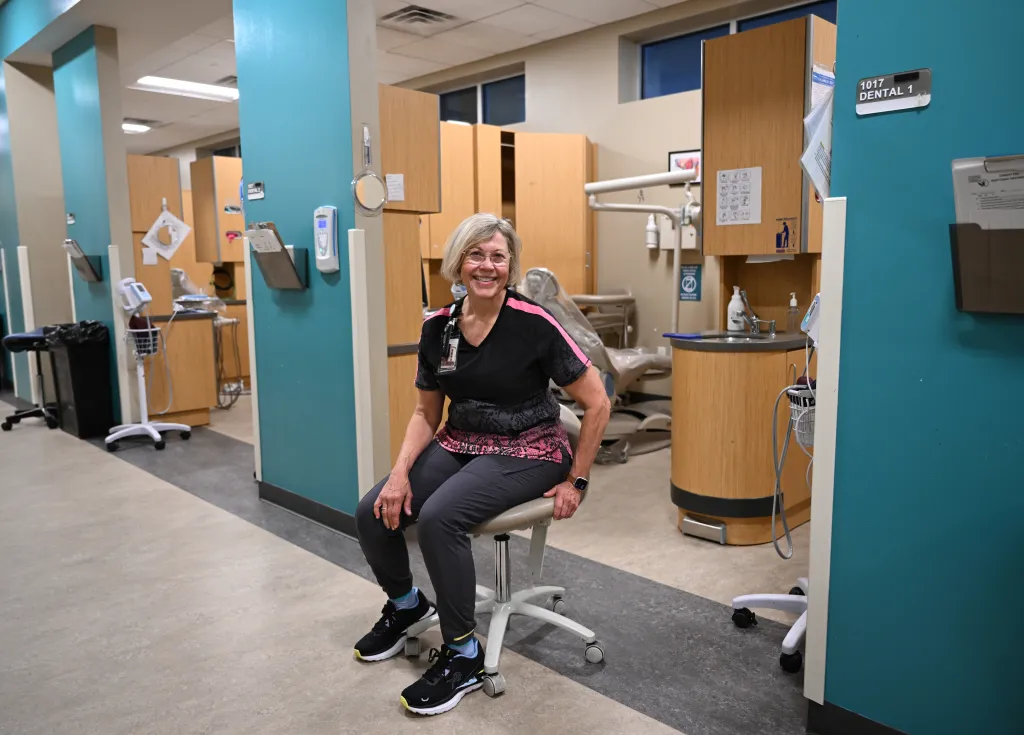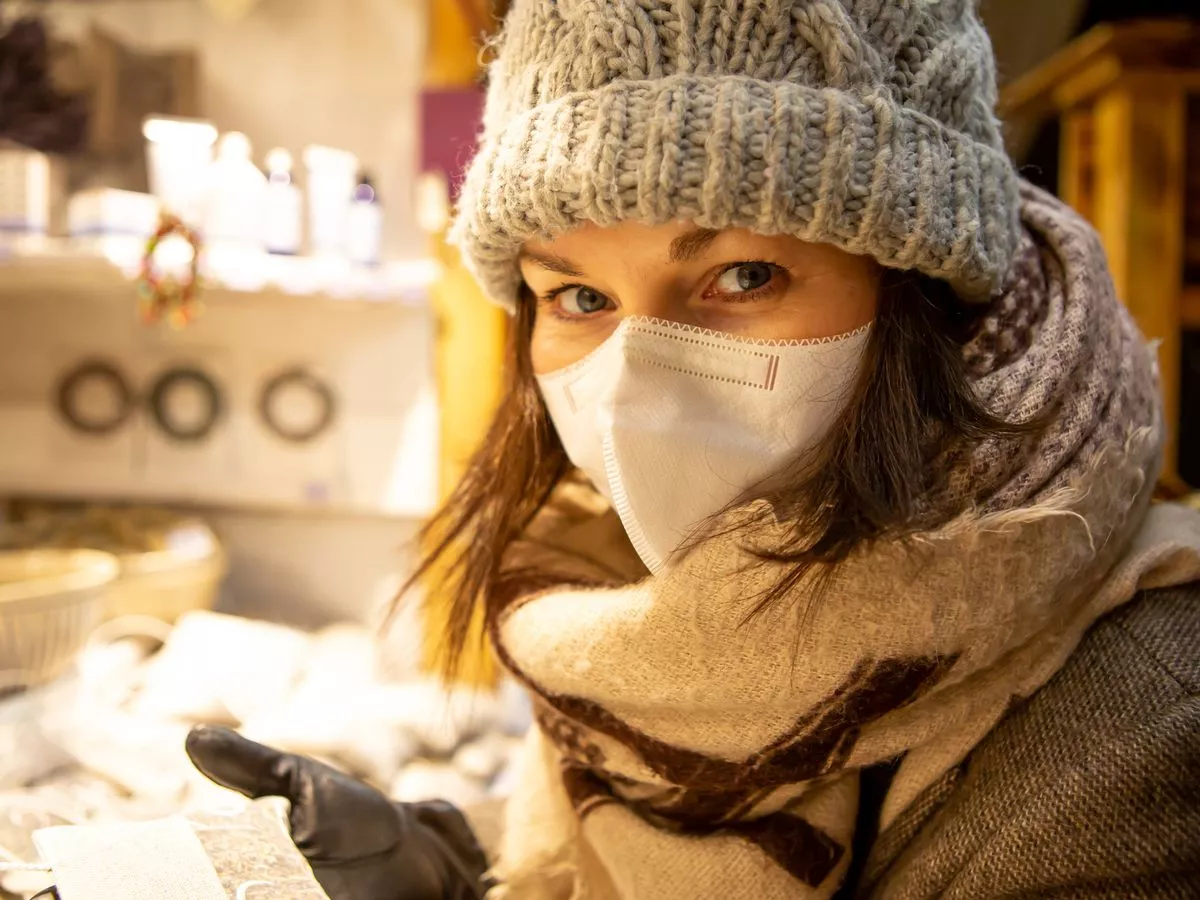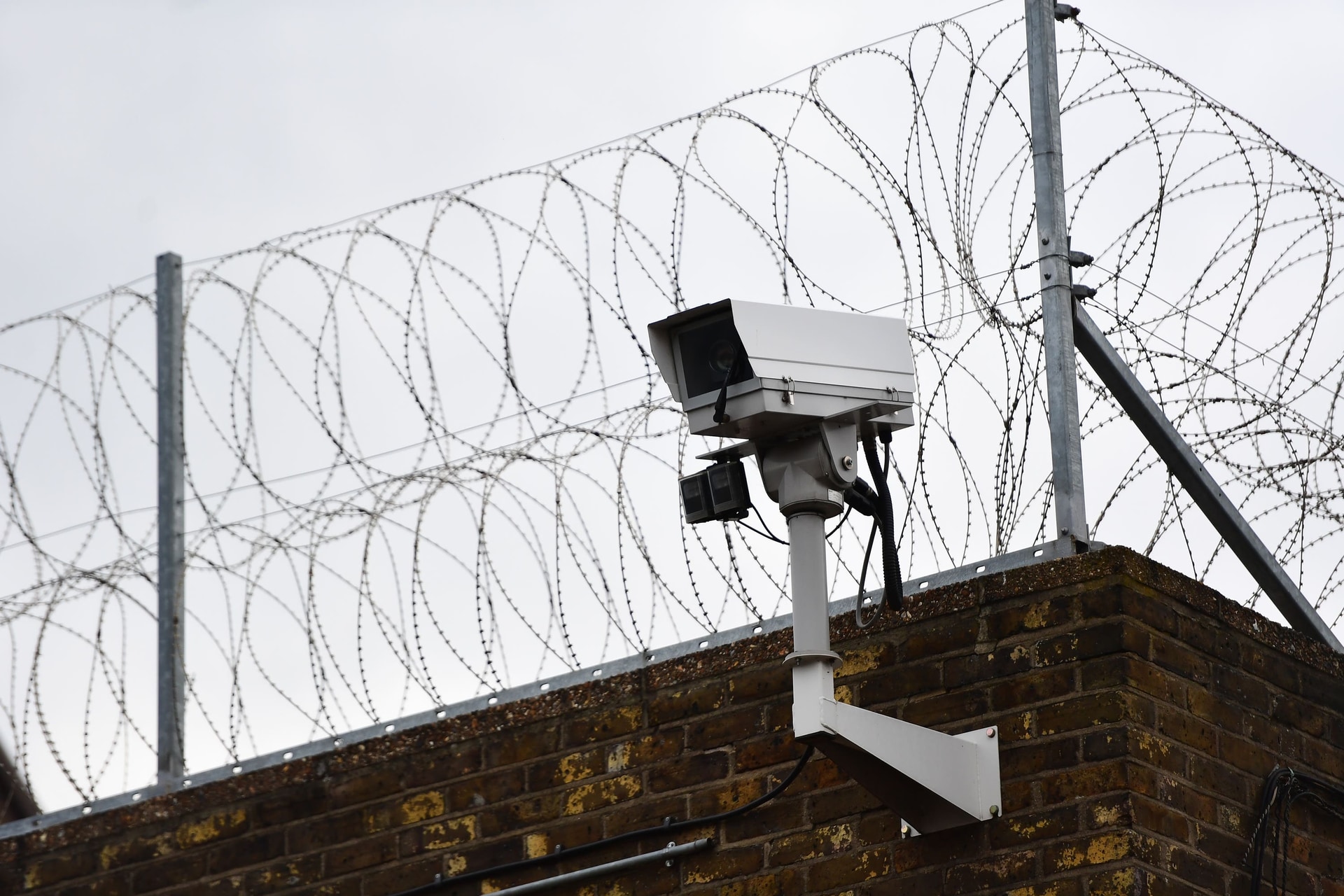Copyright The Denver Post

The eight chairs used for dental services at the Colorado Coalition for the Homeless’ Stout Street Health Center have ample space for dentists to swivel around adult patients in dire need of fillings, dentures or crowns. The pediatric care room, however, can barely accommodate the pediatric dentist, another employee and the parents of a child receiving care. Next to a wall with a fresh decal of a cartoon hippo brushing his teeth, a set of cabinets occupies much of the floor space, sticking out like a sore thumb. The coalition’s dental services director, Dr. Carol Niforatos, would like to replace the cabinets with a slimmer storage system, a carpentry procedure she estimated at $10,000. It’s one of her pending goals for a clinic that sees patients during the week here and at two other locations in metro Denver. In addition to the Stout Street Health Center, 2130 Stout St., the Colorado Coalition for the Homeless provides dental services at its nearby headquarters, 2111 Champa St., and at a shelter run by the Denver Rescue Mission at 4600 E. 48th Ave., Denver. Social workers from the Coalition, the city and other homeless advocacy organizations refer patients to the clinics. Others walk in looking for care. Finding a place to live is key to improving the well-being of a homeless person, Niforatos said. Dental hygiene procedures, such as periodic cleanings, are often at the bottom of their list of errands. “Their priorities are much different than the person who is housed,” Niforatos said. “A lot of times they are not even thinking about their teeth unless [there is] an emergency, some swelling, some pain. Then they’re thinking about their teeth.” Teeth decay may necessitate fillings and extractions, the most common procedures at the clinic, she said. Her dentists also specialize in dentures, which are molded on site at the centers on Stout and Champa streets. They take X-rays, fit porcelain and stainless steel crowns and perform root canals. Medicaid is a common insurer, though the clinic states it has a sliding fee for uninsured patients and doesn’t turn away those who cannot pay. Once a patient is seen, the clinic pairs them with a case manager who can put them on a list for available housing, Niforatos said. The Colorado Coalition for the Homeless has housing programs for low-wage workers and homeless adults and families. “Once you’re housed, your priorities can be really realigned,” Niforatos said. “You can all of a sudden think about your mouth again.” The reasons for homelessness vary wildly. The trauma of life on the street can lead patients to behave unpredictably on rare occasions, Niforatos said. Her team is trained in non-violent crisis intervention and can quickly call for behavioral health staff using special beepers clipped to their scrubs. The process isn’t supposed to be punitive — the incoming patient is usually desperate for care, she said. Her team wants to help them, too, even if it means having to go over the expectations for a visit. “You’ve got to talk to that patient,” Niforatos said. “You’ve got to make sure you’re understood and that they’re heard. And that just takes a couple of minutes more than the average population.” Colorado Coalition for the Homeless Address: 2111 Champa St., Denver, CO, 80205 In operation since: 1984 Number of employees: 834 Number of volunteers: 235 Annual budget: $121 million in revenue; $122 million in expenses Number of clients served: 19,021 (Sources: Colorado Coalition for the Homeless’ 2024 Form 990; Colorado Coalition for the Homeless 2024 Annual Report)



